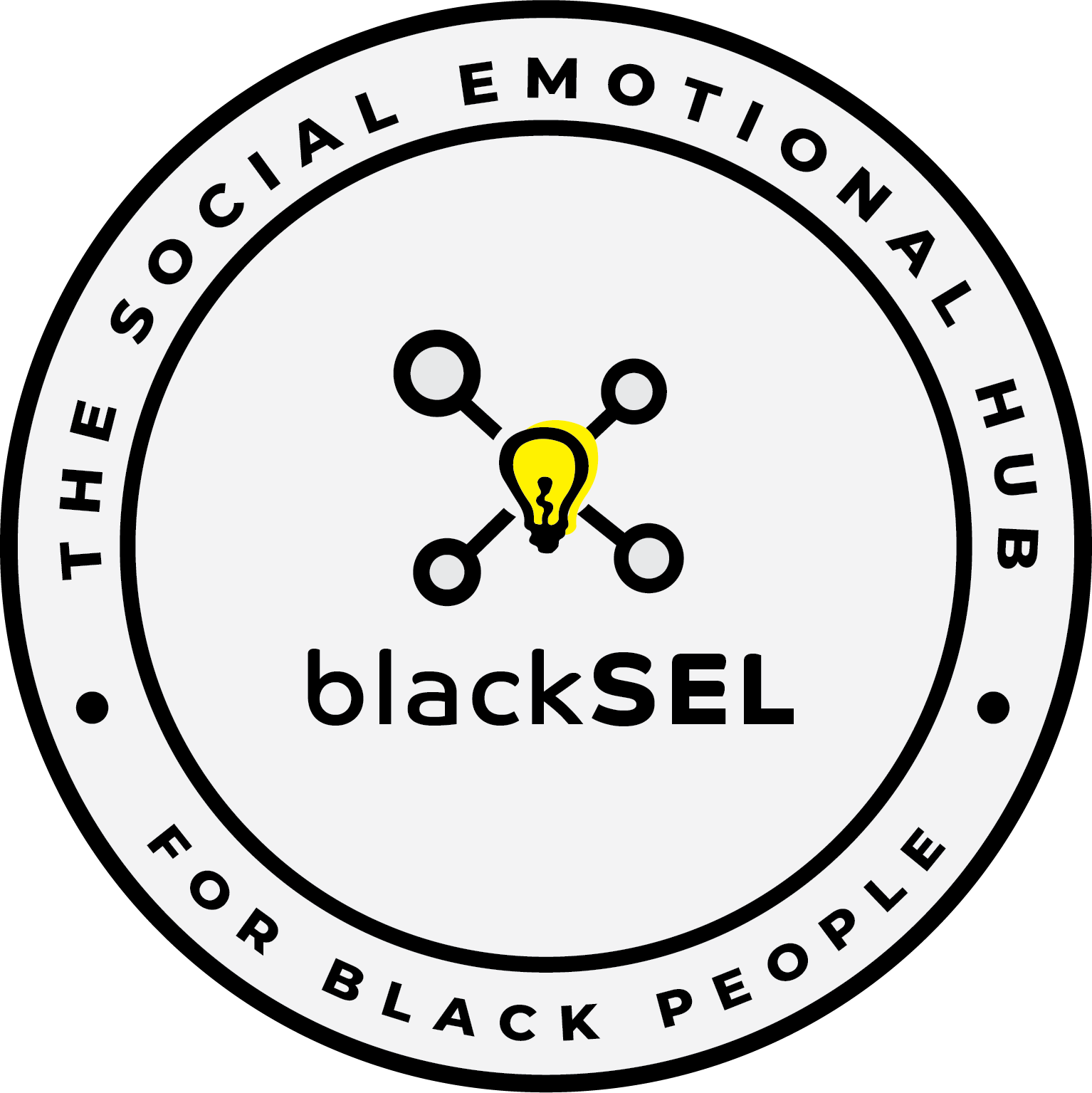Resistance Fuels ReSELience™: Power in Action, Strength in Sustainability
A Perspective Piece by Kristen Hopkins-Vincent, Creator of Black SEL
In today’s education landscape, where the impact of systemic inequities continues to weigh heavily on Black students, resistance is more than a reaction—it is a necessity. For generations, we have resisted policies, practices, and mindsets that have marginalized our youth and communities. But resistance alone is not enough. The true power lies in ReSELience™—where resistance evolves into sustainable change, action, and leadership.
What is ReSELience™?
ReSELience™ is the ability to overcome obstacles quickly through social-emotional learning that is culturally responsive, action-oriented, and community-driven. It is a transformative process that shifts resistance from a reactive stance into a strategic, long-term pursuit of change.
At its core, ReSELience™ is about emotional stability being at the forefront of overcoming obstacles. To navigate oppressive systems and fight for equity, Black students must have the emotional strength to persevere, adapt, and sustain their well-being. Without emotional stability, resistance can lead to exhaustion, burnout, or despair. But when resistance is paired with the tools of social-emotional learning—self-awareness, emotional regulation, critical consciousness, and community connection—it transforms into ReSELience™. It allows us not just to fight against what harms us, but to actively build what will sustain us.
At the heart of this transformation is Black Social-Emotional Learning (Black SEL)—a framework designed to meet the specific social-emotional needs of Black students, educators, and families. Unlike traditional SEL models, Black SEL integrates Lived Civics, Critical Consciousness, and Social Responsibility, ensuring that SEL is not just about emotional regulation but also about empowerment, advocacy, and collective well-being.
As the founder of Black SEL, I have worked alongside Black educators, students, researchers, and practitioners to think around an approach that centers the lived experiences of Black students and our communities. Our work is about moving beyond crisis response toward building sustainable solutions that nurture both healing and leadership.

Strength in Sustainability: Building Systems That Last
Sustainability is often the missing link in educational equity efforts. Too often, initiatives addressing racial disparities are short-lived—dependent on a grant cycle or leadership change. But for Black SEL to be a lasting force, it must be embedded into the fabric of how we educate and support Black students.
Our framework model is rooted in six core pillars: Lived Civics, Inclusion of Community Stakeholders, Civic Engagement, Black Self-Concept, Critical Consciousness, and Social Responsibility. These pillars ensure that SEL is not just a temporary program but a culturally affirming and transformative framework for Black student success.
The Black SEL Summit, happening September 24-26, 2025, is a key part of this sustainability effort. This summit will convene educators, policymakers, and youth leaders to explore how we move from theory to practice, from isolated programs to systemic impact. We invite those who are serious about advancing this work in education and in our communities to join us in designing sustainable solutions.
Beyond Resistance: The Future of Black SEL
If we are committed to educational justice, we must recognize that SEL without cultural relevance fails to meet the needs of Black students. Are Black students being denied the opportunity to use SEL as a tool for empowerment? Is Black SEL being labeled as divisive? Is the field willing to move back to a colorblind approach based on political pressure after committing years of SEL and Equity, and if so, we must ask: Why is building Black student agency seen as harmful? Social Emotional Learning can be a tool for developing healthy, engaged Black citizens if we acknowledge the relationship between self-awareness, social awareness and Black self-concept.
Black SEL is not just an alternative to traditional SEL—it is a necessary evolution. It reflects the reality that emotional resilience and social justice are not separate pursuits, but deeply intertwined.
To fully grasp this, we must understand that systemic oppression doesn’t just harm academic outcomes—it takes an emotional and psychological toll on Black students, families, and educators. The trauma of racism, the pressure to conform to dominant cultural norms, and the erasure of Black identity in schools create barriers to both learning and self-actualization.
That’s why Black SEL isn’t just about helping students “cope” with injustice—it’s about equipping them with the tools to challenge it while maintaining their mental and emotional well-being. ReSELience™ is the key to sustaining this movement—ensuring that resistance is not just about fighting back but about standing firm in our ability to thrive.
When we teach Black youth to regulate their emotions while also affirming their cultural identity and agency, we are preparing them not just to endure challenges, but to transform the world around them.
Join us on September 24-26 for our Black SEL Summit to share and discuss strategies for building positive Black futures.
Recent Posts
- Resistance Fuels ReSELience™: Power in Action, Strength in Sustainability
- MLK Day of Service
- Empowering Black Communities Through Black SEL and Health Equity
- Navigating Structural Racism in Education: A Call to Action for Black SEL Advocates
- How Social-Emotional Learning Supports Trauma Healing: Supporting Black Children – Tamera Foley
Categories

About Us
Black SEL is a customized approach to social and emotional learning (SEL) that serves as a primary vehicle for cultural transmission, specifically tailored to the experiences, needs, and cultural contexts of Black students and communities.
